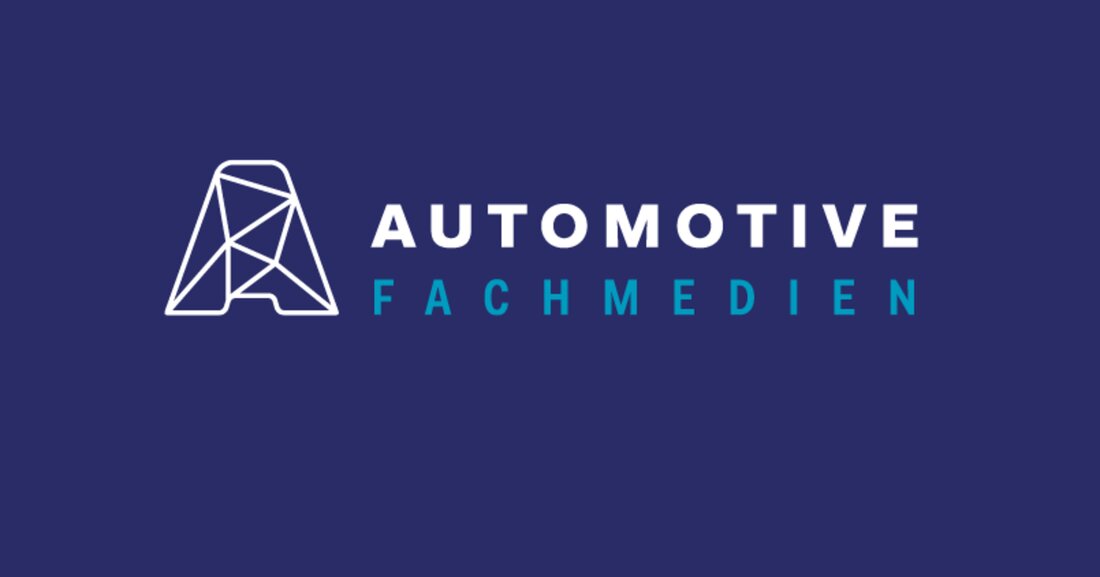The future of education
Experts agree: There is a need for action in training. For this reason, the Federal Vehicle Technology Guild has passed a basic resolution for a new training and further education strategy. And she is already celebrating a success: the master's examinations are being compared to the bachelor's degree.

The future of education
Historically, the diverse professions related to (motor) vehicles have existed for over a hundred years. In the past, professions such as car mechanic, wheelwright (later body builder), vehicle painter or vulcanizer could co-exist without any problems and without any major need for specialized further training. However, the rapid technological development with alternative drives and assistance systems is now presenting companies in the industry with a variety of challenges: servicing and repairing vehicles requires employees from different specialist areas, but also different qualification levels. Nevertheless, the same basic understanding of technology and craftsmanship applies to all disciplines.
"The existing knowledge needs to be deepened by technological developments or supplemented by new knowledge. Today, any kind of intervention in a modern vehicle also means an intervention in the electronic system control of this vehicle," explains Roman Keglovits-Ackerer, deputy guild master and federal education officer for the Federal Vehicle Technology Guild.
Lifelong learning
An update of the training regulations is therefore urgently needed. The development of a holistic training and further education strategy that has now been decided is based on several objectives: There should be the possibility of completing training with a lower qualification, later you should be able to decide on a specialist area of the industry and have the option of graduating with a higher qualification. Such qualification steps are intended to promote lifelong learning. “Qualification standards are also required for necessary further training,” says Keglovits-Ackerer. What is also important is the EU-wide recognition of professional qualifications so that skilled workers can also practice their profession abroad if necessary.
Based on this, a multi-level system that builds on each other needs to be developed that describes the respective educational goals and qualification standards. The National Qualifications Framework (NQF) is an instrument for classifying qualifications from the Austrian education system into eight NQF qualification levels. The ultimate aim is to create a common European qualifications framework EQF.
New master's examination
The master's examination regulations have now been published in a timely manner in the federal legal information system. It was therefore possible to anchor the master's examination regulations before the Proportionality Examination Act came into force today. The master's examination regulations for body construction technology and body painting technology, as well as for automotive technology, now correspond to NQR Level 6 and are therefore equivalent to a bachelor's degree.
"My thanks go to all professional groups who worked on the master craftsman examination regulations, especially to the body construction and body painting technicians, automotive technology and metal technology for agricultural and construction machinery. This took another important step towards developing modern and technically up-to-date professions," says Roman Keglovits-Ackerer.

 Suche
Suche
 Mein Konto
Mein Konto